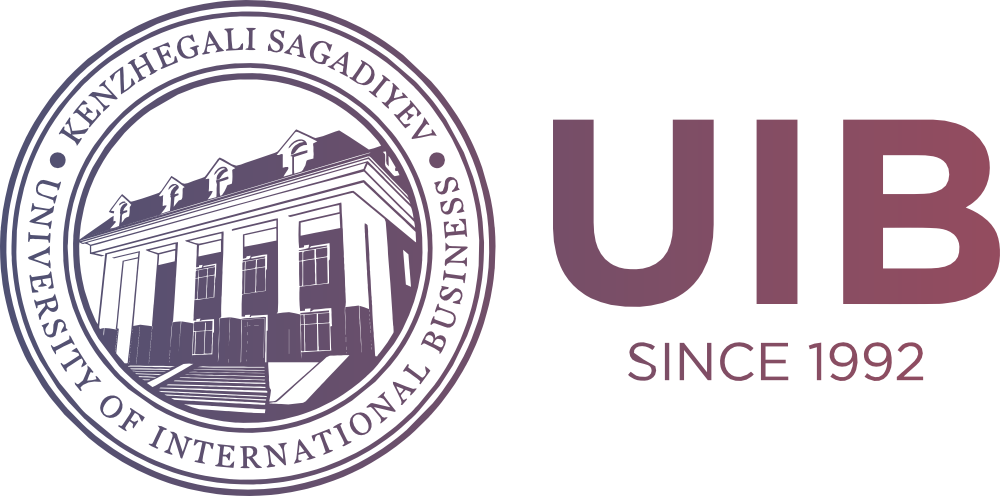Plagiarism Statement
Once a manuscript is submitted to the Eurasian Journal of Economic and Business Studies (EJEBS), the editorial board conducts a preliminary check with respect to plagiarism. If plagiarized content is less than 85%, the author may be asked to revise the manuscript. If substantial plagiarism (>85%) is noticed in manuscript content or part thereof, the manuscript is straight away rejected. EJEBS reviewers also conduct the plagiarism check in a similar manner and can make recommendations on whether or not to consider the manuscript further. Even after acceptance of the manuscript or post-publication, if the plagiarism/duplication/re-publication of already published work in any language is observed, the case is referred to the EJEBS executive board which conducts a full inquiry giving due opportunity to the concerned authors. In case of violation of provisions contained in the author agreement or of grave and unethical misconduct as a researcher with respect to publishing the work, the published article may be retracted with no refund/adjustment of the manuscript handling fee under intimation to the authors’ institution/funding agency.
To avoid plagiarism, all submissions are screened using the system StrikePlagiarism.com (strikelagiarism.com) before undergoing the review process. The StrikePlagiarism.com system was founded in 2002. The StrikePlagiarism.com has been actively engaged in changing attitudes towards academic plagiarism and developing technological, legal and procedural solutions. It operates in 16 countries such as Poland, Spain, Romania, USA, Costa Rica, Mexico, Argentina, Ecuador, Panama, Philippines, Kenya, Nigeria, Ukraine, Azerbaijan, Kazakhstan and covers more than 60 countries. The StrikePlagiarism.com system has been recognized by ENAI (European Network for Academic Integrity) as one of the best anti-plagiarism systems in the world, being the most convenient for use by educational institutions, publishers and other organizations.
Plagiarism implies the use of another author's work without permission or acknowledgement. Plagiarism may have different forms from copying word by word to rewriting. In order to be regarded as a plagiarism-free work, an article submission should match these requirements:
- When indirectly quoting others, the original text should be well paraphrased, by making one’s own words, instead of performing copy and paste or typing the source word-by-word, and write down the reading sources according to the rules of scientific writing.
- When directly quoting others, quotation marks (" ") must be applied to write the text from the original sources.
- Mention the source of other people's ideas that are being used, whether from published or unpublished writing, both oral or written sources, in any form of media, in a proper citation and referencing style.


